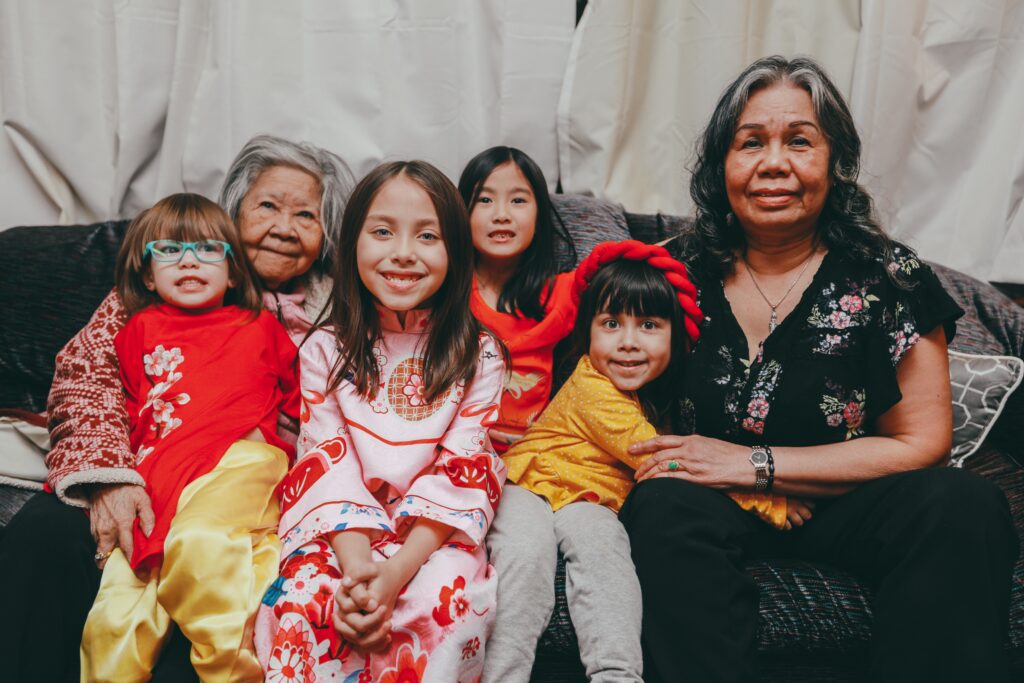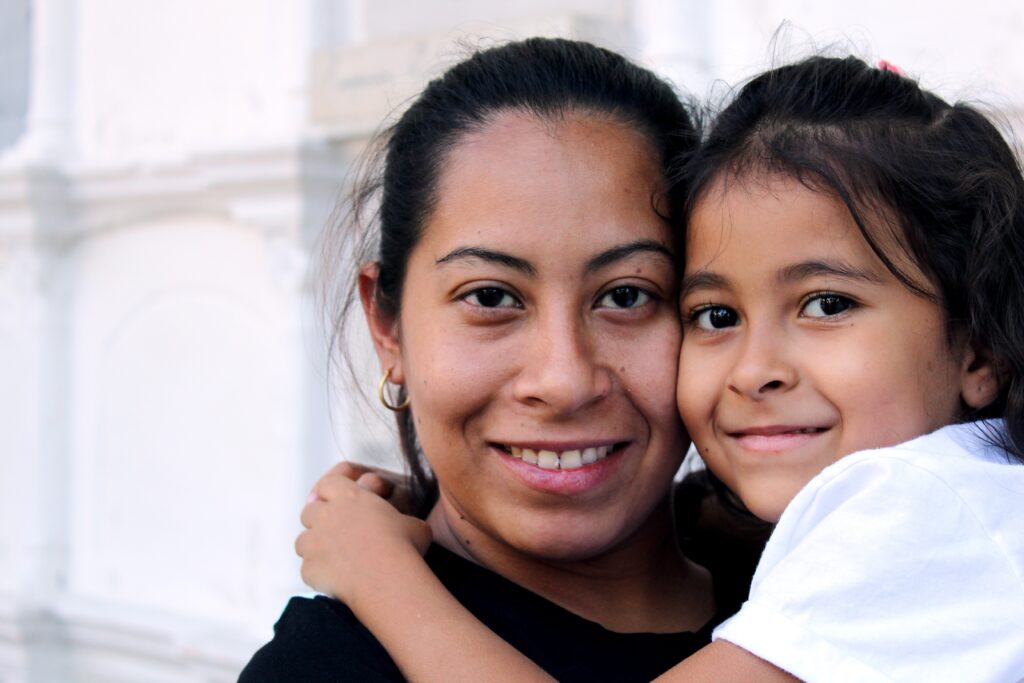What is the difference between a temporary and permanent resident?
A temporary resident has been granted permission to reside in, or travel through, or work or study in Canada for a set amount of time and under specified terms and conditions. They are expected to leave Canada before their allotted time expires.
A permanent resident (PR) has been granted the right to live, work and study in Canada. They must meet certain obligations in order to maintain their PR status.
Acquiring permanent status
There are two categories of permanent status in Canada: permanent residence and Canadian Citizenship. The routes to achieve either of these statuses are different and will depend on your personal situation.
Permanent Residence
Permanent Residence (PR) is a status which allows you to reside, on a permanent basis, in Canada. It entitles you to most of the rights and privileges of a citizenship and obliges you meet spend a significant amount of your time in the country. You can lose you PR status if, at any time you have not spent 730 days of the last 5 years in Canada after acquiring your PR status.
Being a Permanent Resident entitles you to live where you want in the country. It entitles you to work and study at the same tuition cost which citizens pay.
Your PR status can be forfeit if you fail to meet your residency obligation or are convicted of a crime.
Permanent Residence can be acquired through one of these three paths: Economic Class, Family Sponsorship and Refugee and Humanitarian.
Canadian Citizenship
In order to become a citizen, you must meet your PR obligations and be able to demonstrate 1095 days of residency in the last 5 years. Once you lawfully acquire citizenship, it is yours for life. You earn the right to vote in Municipal, Provincial and Federal elections, and no longer are obliged to meet any residency threshold.

Schedule a consultation
Our regulated immigration consultant can evaluate your situation and help you determine your pathway to permanent residence or citizenship in Canada.

Economic Class
Canada seeks to benefit economically from immigration. In order to apply successfully through one of the many economic pathways, you must prove that you meet the criteria. Your age, level of education, linguistic competencies, years of work experience, area of expertise and location where you intend to settle are among the many criteria on which your application could be evaluated. We recommend a consultation to judge your eligibility.

Humanitarian and Compassionate
Persons who are in Canada and are not eligible to apply for permanent residence under any standard category, but believe that humanitarian reasons exist to justify an exemption of one or more requirements may want to apply for what is known as an H&C (Humanitarian and compassionate request). There are limitations on who can apply. You may want to consult with us to find out if an H&C is an option for you.

Family sponsorship
Facilitating family reunification is an expressed objective of the Immigration and Refugee Protection Act. Sponsorship of spouses and dependent children, whether they are in or outside Canada is among our focuses at Perigee. Understanding the procedures and obligations involved in sponsoring family is essential for a successful application.

Refugee Claims
Whether you have made a refugee claim at a port of entry or wish to make a claim from within Canada, Perigee would be thrilled to serve you. Defending those in need of Canada’s protection is among our highest callings at Perigee. But we will insist on doing a consultation before having you sign a retainer. Claiming asylum in Canada is serious undertaking and we will not encourage you to do so lightly. A failed attempt at claiming asylum can seriously limit your immigration options going forward. If, in the consultation process, it becomes clear that you couldn’t reasonably hope to prove that you meet the legal definition of convention refugee or person in need of protection, we will guide you towards other solution.

Bringing you closer to Canada
Services
Student visas
Work visas
Visitor visas
